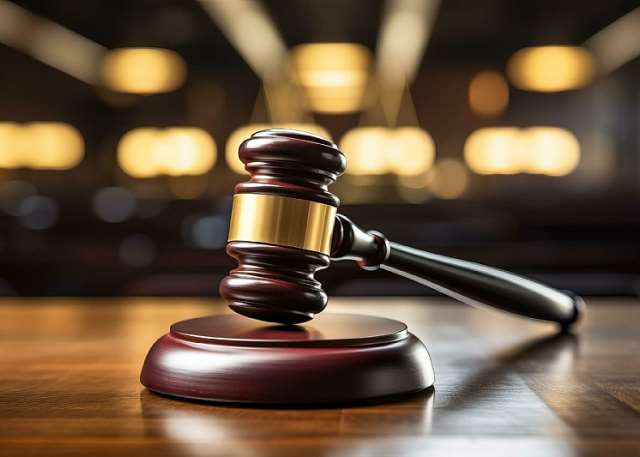The Edo State Governorship Election Tribunal sitting in Abuja has admitted 148 Bimodal Voter Accreditation System (BVAS) machines presented by the Independent National Electoral Commission (INEC) in the ongoing case challenging the victory of Governor Monday Okpebholo of the All Progressives Congress (APC).
The Tribunal proceedings, which took place on Thursday, saw intense legal arguments over discrepancies in the number of BVAS machines presented.
A senior technical officer from INEC’s ICT department, Anthony Itodo, appeared before the tribunal following a subpoena issued on January 9.
He stated, “My Lord, I brought 148 BVAS devices used in 133 polling units,” while clarifying that some polling units had two BVAS machines.
However, the petitioners’ counsel, Robert Emukpoeruo (SAN), noted an inconsistency, arguing that the INEC official had initially claimed that 151 BVAS devices were brought, not 148, urging the tribunal to verify the count to ensure transparency.
The INEC’s counsel, Kanu Agabi (SAN), explained that although 151 BVAS units were recorded, only 148 were relevant to the election petition.
Despite objections from Okpebholo’s counsel, Onyechi Ikpeazu (SAN), and APC’s legal team, the tribunal led by Justice Wilfred Kpochi admitted the BVAS devices into evidence.
READ ALSO:
During the proceedings, Petitioner Witness Thirteen (PW-13), Eseigbe Victor, a 43-year-old farmer and politician from Akoko-Edo Local Government Area, testified that he observed irregularities during the collation process.
Under cross-examination, he admitted that while the election was fairly conducted at the polling unit level, discrepancies emerged at the collation stage.
He stated, “As the ward agent for Ward 9, Akoko-Edo, I have my tag as the ward chairman, and when the election was going on, I noticed the incorrect collation, which is why I did not sign it.”
Victor affirmed that there were 36 polling units in Ward 9 and that he received results from polling unit agents.
However, when asked if oral reports from polling agents were included in the documents he submitted, he admitted that they were not but maintained that the documents were signed by polling unit agents.
Despite objections from the respondents, the tribunal admitted his agent tag as Exhibit B10.
Petitioner Witness Fourteen (PW-14), Uyigun Imasuen from Oredo LGA, also took the stand, confirming that he was the PDP party agent for all 72 polling units in Ward 1 of Oredo LGA.
He testified that he received result sheets from polling unit agents and signed his witness statement on oath.
During cross-examination, Ikpeazu (SAN) challenged the authenticity of Imasuen’s statement, arguing that the witness was not in Benin on election day.
Imasuen refuted the claim, stating, “I was fully in Benin. My family is in Benin, and I signed the statement on 11 October.”
Ikpeazu then requested that the witness sign his signature five times on a plain sheet for verification, a request that was met with an objection from PDP’s lead counsel, Ken Mozia (SAN).
Despite the objection, the tribunal admitted the signed document into evidence.
The Edo Governorship Election Tribunal continues to review election materials and testimonies as the PDP and its candidate, Asue Ighodalo, challenge the results of the September 21, 2024, election.
The petitioners allege irregularities in the collation process and claim that the election was not conducted in accordance with electoral laws.
The tribunal’s decision to admit the BVAS machines and other evidence marks a significant step in the legal battle, with further hearings scheduled to determine the credibility of the election results.















